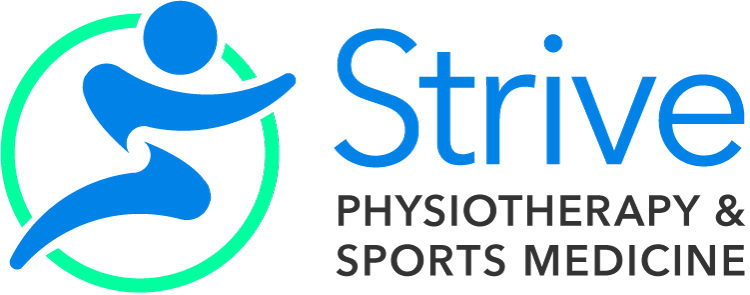COVID-19 In The New Year
The new year is here and unfortunately so is the Omicron variant of COVID-19. The number of COVID-19 positive cases is rising in Ontario and it is important for us to know what to look out for, how to prevent us and our families form catching COVID-19, and how we can treat COVID-19 effectively from home.
Do I have COVID-19?
With the new COVID-19 testing guidelines in place, the concept of self-monitoring for symptoms is very important. Daily we should be assessing ourselves for signs and symptoms of COVID-19. The following is a list of signs and symptoms to check for when self-monitoring:
- Fever or chills
- Cough
- Shortness of breath
- Difficulty breathing
- Fatigue
- Headache
- Loss of smell or taste
- Sore throat
- Congestion or Runny Nose
- Nausea or Vomiting
- Diarrhea
How can I prevent catching COVID-19?
There are steps that we can take in our everyday lives to help prevent us and our families from getting COVID-19. We all know about physical distancing, and it is its important to maintain physical distancing when you can but what else can we do to avoid catching COVID-19?
Personal protective equipment (PPE) is an important step in preventing the spread of COVID-19. One important piece of PPE that we should never leave the house without is a mask. There are different types of masks, including cloth masks, medical grade surgical masks, and N95 respirators. The N95 respirators are the most effective at delaying the transmission of COVID-19. Another effective way to stop the spread of COVID-19 is to purchase a small bottle of hand sanitizer to carry with you. You should wash or sanitize your hands after touching high contact areas.
Since COVID-19’s viral infection appears quite differently from person to person, the immunity one received after recovering from COVID-19 will differ in terms of its effectiveness and amount of time one is protected. This is one important reason why you should consider getting vaccinated. Throughout Ontario, COVID-19 vaccinations and booster shots are being given daily to those aged 5 years old and up. These vaccinations are one way to expose the body to the virus’s spike proteins that are used as important antibody targets. Vaccinations can also stimulate the production of immune cells in a controlled and reliable manner.
How can I treat COVID-19 effectively from home?
Due to the make-up of the COVID-19 virus it is important to treat the virus early with a combination of therapies.
1) Medical Therapies
Various medications including antivirals, anti-inflammatories, anticoagulants, and immune and symptom supports are effective at treating COVID-19. Remember that you do not need all the following medications, but you should aim to include a medication from each of the categories. Make sure to check with your doctor and/or pharmacist before starting a new medication.
- Immune supportive medicines and supplements can have anti-inflammatory, antioxidant and immune balancing properties. Examples of immune supportive medications include vitamin D, vitamin C and Zinc. You can also consider the use of a multivitamin. Vitamin D can be obtained by spending some time in the sun.
- Antivirals are another category that it important to include. This can be as simple as using antimicrobial mouth and nasal wash 1-2 times per day.
- Anti-inflammatories such as ibuprofen can help reduce inflammation associated with COVID-19 and can help treat headaches as a result of COVID-19. Anti-histamines that are usually used to treat allergies can help prevent allergic immune responses due to proteins in the COVID-19 virus. These are typically over the counter medications.
- Anticoagulants such as aspirin can help reduce the chance of blood clots that are a severe symptom of COVID-19.
- Other medications such as acetaminophen and cough medicine are good symptom support medications that are available at your localpharmacy.
2) Good Nutrition
Eating a healthy and balanced diet is important for supporting the body’s immune system. Many important supplements like vitamin D, vitamin C and zinc can be absorbed through foods we eat. Vitamin D can be found in fish and food fortified with vitamin D like in some orange juices. Vitamin C can be found in many citrus fruits like oranges. Many meats like beef and chicken include zinc. Using ginger and honey in a cup of tea can help with symptom management for coughs and a sore throat. On top of a balanced diet, it is important to drink plenty of water throughout the day.
3) Rest
Do not be in a hurry to return to all of your daily activities. It is important to pace and prioritize your day to avoid setting back your recovery. Another important part is getting a good night’s sleep. Using melatonin which can be purchased at your local pharmacy can be helpful.

